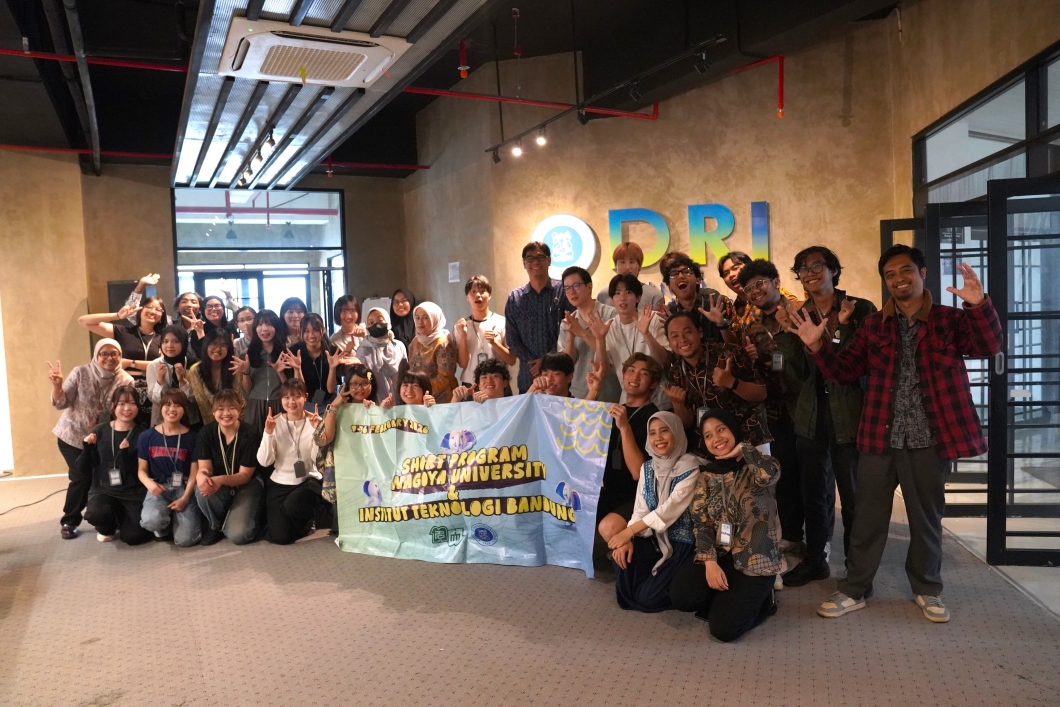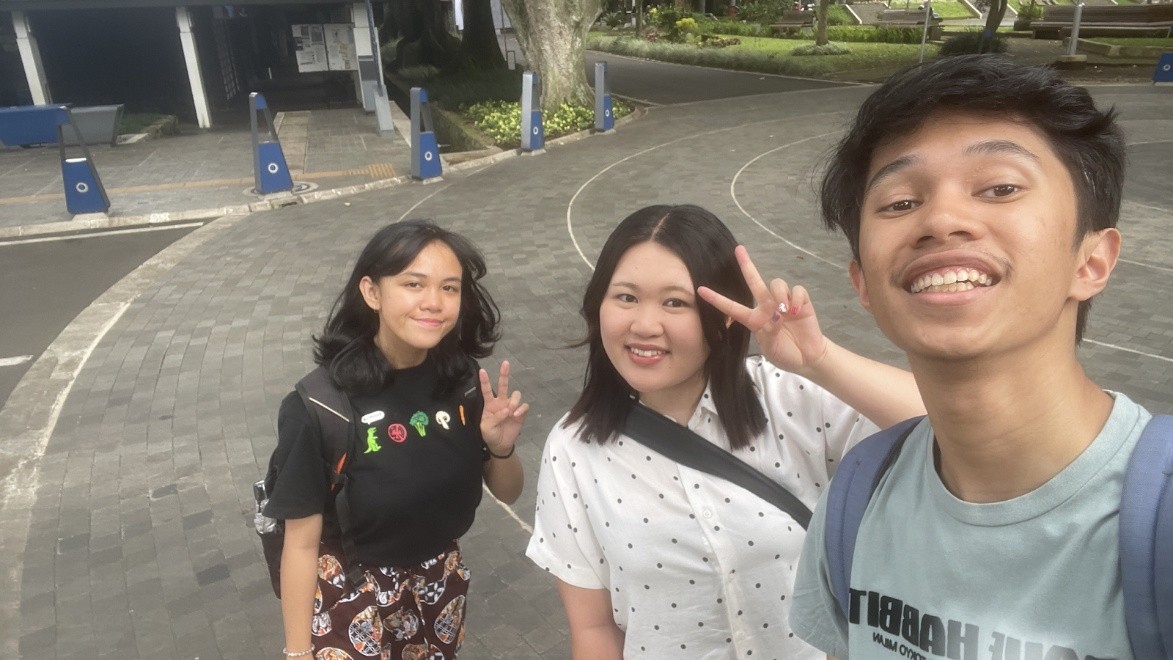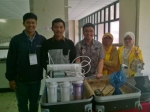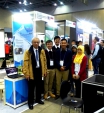ITB Students Won Grand Prize in I-CAPS for a Guiding Stick Design
By Adi Permana
Editor Adi Permana

BANDUNG, itb.ac.id – Three ITB Students, Rumanda Engala Kapisa, Dwi Astuti, and Slamet Zarkasih won Grand Prize in International Student Joint Capstone Design Project (i-CAPS) and International Student Multidisciplinary Design Camp (d-CAMP) held from January to October 2019. Together with two other students from Kwangwoon University, they designed an innovation to tackle a common problem in Taiwan.
“On the first day, we were brought onto a trip around Taiwan and were asked to find a problem. From this trip, we must find a solution from the occurring problem in the form of engineering solution,” said Daeng, Rumanda Engala’s nickname.
Within a relatively short time, their team--which consist of diverse sciences background—successfully develop Guiding Stick, a multifunctional device which serves as translator, wheeled guiding device, and selfie stick.
The device is designed like a stick so that blind people can use it too. Sidewalks in Taiwan are not equipped with braille road signs, hence making it harder for the disabled to walk. The device is expected to be effective for blind people. They can easil walk on sidewalks because the guiding stick will guide them, enabled thanks to the wheels attached under the stick. The wheels are controlled using motor so that it adjusts to human normal speed.
Daeng said that they also address language barrier problem. Information on road signs all over Taiwan which is written in Chinese characters make it difficult for foreigners to understand. The team design a translator device that can read road signs by capturing image.
Opening maps application would be inconvenient and dangerous for tourists to do around Taiwan. Checking their gadget require the tourists to stop on intersections to check for the next route. Hence, the guiding stick is equipped with guiding feature. Users just have to say their destination. The guiding stick will receive the input through speaker and then guide the users. Users can easily follow the stick to the destination. In this feature, the device is supported with GPS which is available both online and offline. “We just have to hold the stick,” said Daeng.
The guiding stick design will be presented in the second phase of i-CAPS in South Korea on next August. The competition will see 18 ITB students competing. They will be divided into 5 different teams of 4-7 members each coming from different countries. Rumanda Engala Kapisa, Dwi Astuti, and Slamet Zarkasih are among the teams who received prize.
Reporter: Rosa Aldita




.jpg)
.jpg)



